Heinz Wallberg - Mendelssohn: Die beiden Pädagogen (1998)
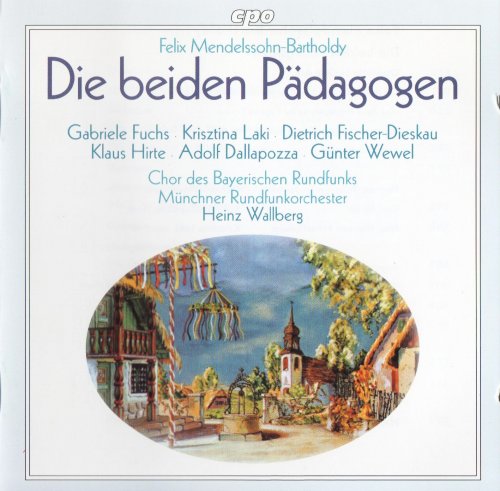
Artist: Heinz Wallberg
Title: Mendelssohn: Die beiden Pädagogen
Year Of Release: 1998
Label: CPO
Genre: Classical
Quality: FLAC (image+.cue,log,scans)
Total Time: 52:49
Total Size: 261 Mb
WebSite: Album Preview
Tracklist: Title: Mendelssohn: Die beiden Pädagogen
Year Of Release: 1998
Label: CPO
Genre: Classical
Quality: FLAC (image+.cue,log,scans)
Total Time: 52:49
Total Size: 261 Mb
WebSite: Album Preview
01. Overture [0:03:34.72]
02. Es lässt sich die Liebe nicht sperren [0:01:18.70]
03. Dialogue [0:00:32.08]
04. Ich weiss dass mich Elise liebt [0:02:41.10]
05. Dialogue [0:01:12.12]
06. Nur mutig vor ans Ziel gedrungen [0:02:25.28]
07. Dialogue [0:00:06.42]
08. Nur schlaue List und froher Mut [0:02:04.03]
09. Dialogue [0:01:00.32]
10. Probatum est, dies ruf' ich mir [0:04:06.58]
11. Dialogue [0:00:48.65]
12. Ei, da möchte man ersticken [0:02:13.10]
13. Dialogue [0:01:17.25]
14. Lakai, Husar, Komödiant [0:01:23.05]
15. Dialogue [0:02:21.50]
16. Ach, ach, ach, mich so zu kränken [0:02:13.62]
17. Dialogue [0:02:12.33]
18. Ah, wie steht er da [0:02:36.52]
19. Dialogue [0:01:20.50]
20. Wahrlich, ich muss selber lachen [0:02:10.73]
21. Dialogue [0:01:36.57]
22. Reichen Segen gab der Himmel [0:09:30.10]
23. Dialogue [0:02:18.25]
24. Es sei vergessen, was geschehen [0:01:42.50]
Performers:
Chor des Bayerischen Rundfunks
Münchner Rundfunkorchester
Heinz Wallberg – conductor
Mendelssohn, who was every bit as prodigious a child as Mozart, wrote "The Two Pedagogues" at the age of 12; the work was performed in 1821 in the Mendelssohn home, then lost until 1960. The libretto by Johann Ludwig Casper, a family friend, is based on a play by Eugène Scribe and reflects the contemporary debate about educational reform between the "practical realism" of Basedow and Pestalozzi's greater concern for the child's individual development. The plot concerns the efforts of Herr Robert, an ambitious country gentleman, to educate his son Carl, who is more interested in Robert's niece Elise than in becoming a scholar. Kinderschrecht, the old-fashioned local schoolmaster, recommends that Robert hire a learned professor from Vienna, but the invitation is intercepted by the professor's valet, Luftig, who takes his place and, with the help of Hännchen, the schoolmaster's niece, frustrates their plans and contrives a happy ending. Mendelssohn had not yet developed a distinctive voice, but while the piece is clearly Mozartean in inspiration, it is none the worse for that, and the arias and ensembles are witty and tuneful. In this 1978 recording, Fischer-Dieskau as Kinderschrecht has a great time with an aria praising the use of the cane, Fuchs is an attractive Hännchen, and everybody else (including chorus and orchestra) performs well.

![Basement Membrane & Luka Topuria - Good Morning Neighbours (2026) [Hi-Res] Basement Membrane & Luka Topuria - Good Morning Neighbours (2026) [Hi-Res]](https://www.dibpic.com/uploads/posts/2026-01/1769589674_cmglweag8dndh_600.jpg)
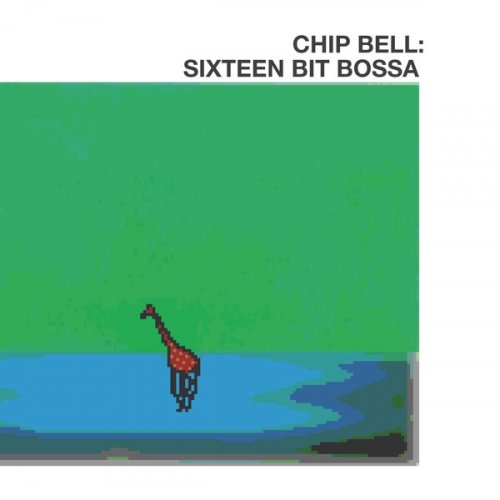
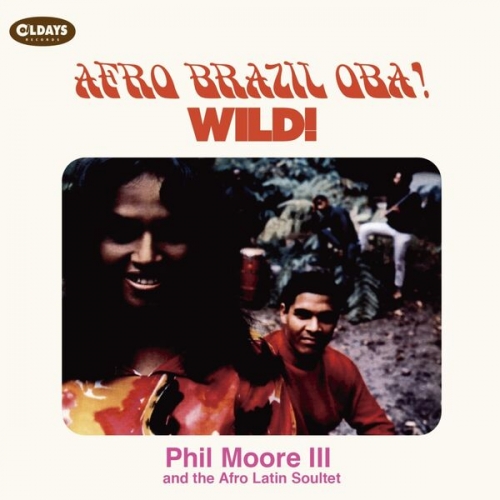
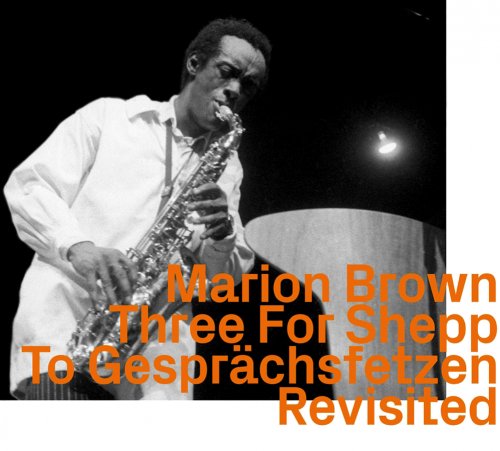
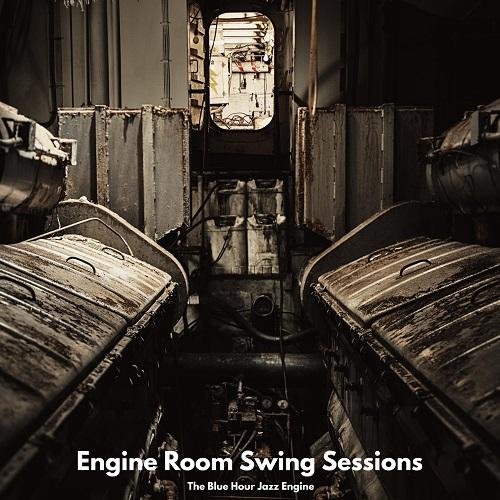
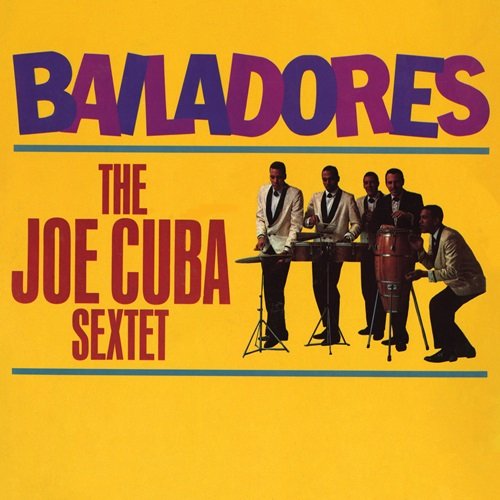
![Vincent Segal & Roberto Fonseca - Nuit parisienne à La Havane (2026) [Hi-Res] Vincent Segal & Roberto Fonseca - Nuit parisienne à La Havane (2026) [Hi-Res]](https://www.dibpic.com/uploads/posts/2026-01/1769526917_folder.jpg)
